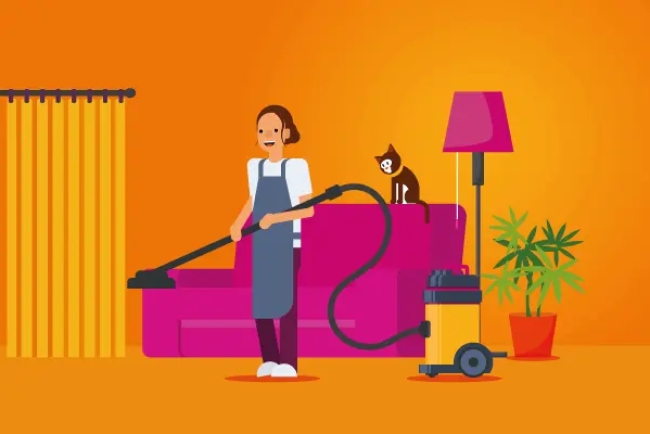FAQs: Janitorial Business Insurance Requirements
1. What types of insurance are essential for a janitorial business?
For a janitorial business, essential types of insurance include:
- General Liability Insurance: Covers bodily injury, property damage, and legal defense costs.
- Workers' Compensation Insurance: Provides coverage for work-related injuries or illnesses among employees.
- Commercial Auto Insurance: Protects against accidents involving company vehicles.
- Professional Liability Insurance: Covers claims of negligence or inadequate service.
- Property Insurance: Protects against damage to business property, including equipment and supplies.
- Bonding: Offers a guarantee that contractual obligations will be met and protects against employee theft.
2. Why is General Liability Insurance important for my janitorial business?
General Liability Insurance is crucial as it covers common risks such as bodily injury and property damage caused by your services. For instance, if a client gets injured due to a cleaning cord or if property is damaged during cleaning, this insurance helps cover medical expenses, repair costs, and legal fees if a lawsuit arises.
3. Is Workers' Compensation Insurance mandatory for a janitorial business?
Yes, in most states, Workers' Compensation Insurance is legally required for businesses with employees. It covers medical expenses, lost wages, and rehabilitation costs for employees who are injured on the job, helping to ensure their well-being and protecting your business from related lawsuits.
4. What does Commercial Auto Insurance cover?
Commercial Auto Insurance covers accidents involving company vehicles, including:
- Liability for property damage and bodily injury.
- Vehicle repair and replacement costs.
- Medical expenses for injuries from accidents.
- Coverage for theft or vandalism of company vehicles.
5. How does Professional Liability Insurance benefit my janitorial business?
Professional Liability Insurance, also known as Errors and Omissions Insurance, provides coverage if clients claim negligence, mistakes, or failure to deliver services as promised. This insurance helps cover legal costs and damages if, for example, improper cleaning methods lead to damage to sensitive equipment.
6. Why should I consider Property Insurance for my janitorial business?
Property Insurance protects your business assets from damage due to events like fire, theft, or natural disasters. It covers the repair or replacement of your office space, cleaning equipment, and supplies, ensuring business continuity in case of significant property damage.
7. What is bonding, and why is it important for janitorial businesses?
Bonding provides a guarantee that your business will meet its contractual obligations. It also offers protection against losses caused by employee theft or dishonesty. Bonding builds client trust and can be a requirement for securing certain contracts.
8. How can I determine the insurance requirements for my janitorial business?
Insurance requirements can vary based on state regulations, client contracts, and the nature of your business. Research state-specific laws, review client contracts for insurance requirements, and consider your business structure when determining the appropriate coverage.
9. How do I choose the right insurance provider for my janitorial business?
When selecting an insurance provider, consider:
- Experience and Reputation: Choose a provider experienced in insuring janitorial businesses with good reviews.
- Coverage Options: Ensure the provider offers comprehensive coverage tailored to your needs.
- Cost and Affordability: Compare quotes to find competitive rates while balancing cost with coverage quality.
- Customer Service: Opt for a provider known for excellent customer service and responsive support.
10. Can insurance needs change as my janitorial business grows?
Yes, insurance needs can evolve as your business grows. It’s essential to regularly review and adjust your coverage to match changes in business operations, client requirements, and legal obligations to ensure continued protection.




















